Marc Norman
Screenwriter
Two-time Academy Award winning writer-producer Marc Norman is the co-screenwriter (with Tom Stoppard) and a producer of the unique romantic comedy Shakespeare in Love, released by Miramax Films in December of 1998. The film was ultimately nominated for 13 Oscars and received a total of seven, including for Original Screenplay and Best Picture, for which Norman also received an Oscar as a producer.
Norman first envisioned the idea for his screenplay in 1990 while working with director Ed Zwick. His idea was to portray a young William Shakespeare - before he achieved success - as a struggling writer working to create his first truly great play; "Romeo and Juliet." Before then, Shakespeare had written several plays and poems, but, in fact, it wasn't until "Romeo and Juliet" that he became the preeminent playwright of his time and demonstrated that a genius resided among the relatively new order of writer known as playwrights.
What, however, inspired Shakespeare to reach deeper and farther than he had before with "Romeo and Juliet?" Love, of course, was Norman's premise, and he began writing the screenplay for Universal Pictures. Tom Stoppard joined the two filmmakers as a co-wr\ter. As happens too often, a good idea lay dormant until Miramax co-chairman Harvey Weinstein found the project and thought it a perfect vehicle for Gwyneth Paltrow. Weinstein acquired the rights to the screenplay from Universal and started production with director John Madden in 1998. The film also stars Joseph Fiennes as Shakespeare, Oscar winner Geoffrey-Rush, Dame Judi Dench, Ben Affleck, and Tom Wilkinson.
Born-and-raised in Hollywood, Norman attended Hamilton High School in Los Angeles. He is a graduate of UC Berkeley, where he received his Master's degree in English Literature and was inducted into the Phi Beta Kappa society. Norman spent most of his free time following graduation writing poetry, short stories and, ultimately, three novels.
He started entertainment career in the Universal Studios mail room, along with other young men including producer Mike Medavoy and directors Walter Hill and John Badham. He subsequently worked for Leonard Stern, the producer of Get Smart. Stern encouraged him to move to New York City, where he worked for David Suskind and Daniel Melnick. Returning to Los Angeles, he wrote a screenplay that, though it didn't sell, attracted several offers to write for episodic television programs. A subsequent screenplay, The Challenge, was turned into one of the first "ABC Movies of the Week," starring Darren McGavin and Mako. He continued writing movies for television before selling his original scrienplay Oklahoma Crude to Columbia for Stanley Kramer to direct for the big screen. The film, starring George C. Scott and Faye Dunaway; was profitable, and Norman was launched as a feature writer.
Norman's happiest experience was on his next film, Zandy's Bride, which he wrote for stars Gene Hackman and Liv Ullmann. He next co-wrote The Killer Elite with Oscar-winner Stirling Silliphant, Sam Peckinpah's revenge-themed thriller starring James Caan and Robert Duvall; and the Irwin Winkler production of Breakout (co-written by Howard B. Kreitsek and Elliot Baker), starring Charles Bronson, Jill Ireland and Robert Duvall.
Norman, a pilot, appeared as a stunt flyer with his classic bi-plane in The Great Waldo Pepper. Inspired by the experience, he subsequently wrote and directed the original play Ormer Locklear, about the first wing walker, which premiered at the Mark Taper Forum. Television producer Bruce Paltrow attended Norman's play and offered him the opportunity to direct several episodes of The White Shadow. (Paltrow's daughter, Gwyneth, coincidentally starred in Shakespeare in Love.)
Taking a break from his movie work, Norman wrote his extensive What Happens Next: A History of American Screenwriting in 2006, a single-volume overview not only his profession but the Hollywood context it occupied over the 100 years of its existence, as well as a cultural history of the movie century. Random House published the book to welcoming reviews in 2007 - Salon judged it one of the best books of the year, and it appeared as a Three Rivers paperback in the fall of 2008.
